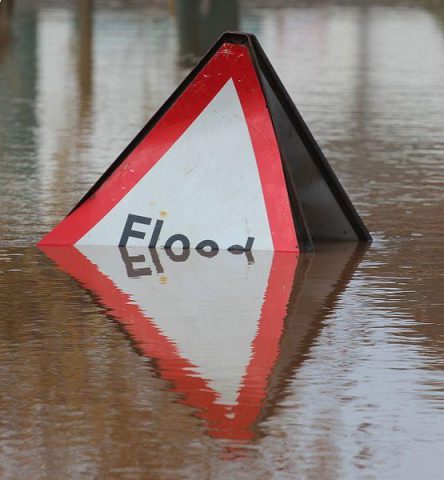There are some events that individuals, businesses and communities can do little to legislate for. Storm Desmond is one of them.
In its aftermath, in excess of 60,000 homes and businesses were initially left without power across North West England and parts of Scotland, while the Environment Agency reported that over 5,200 homes were damaged by flooding.
While the floodwaters have receded more quickly than they may have done, and power has been restored to the vast majority of homes and businesses, many people are yet to return to their premises to see the full extent of the damage caused.
Insurance claims are inevitable in the wake of such a devastating event. With major towns and cities in Cumbria including Carlisle, Kendal, Cockermouth and Keswick affected – and many places across the Scottish borders and central Scotland, too – thousands of people will experience disruption to their lives, and will require the support of their insurance broker. Lancashire and Northumbria have also been affected by flooding.
During the major flooding in Cumbria in 2009, £174m was paid out by insurers as a result of 25,000 flood and storm claims, which should give some indication of the potential costs of the most recent incident, which some in the insurance industry are estimating will run to between £400m and £500m.
Bollington is committed to providing full support to any client whose business or residential property has suffered storm damage, and our claims handlers are ready and waiting to discuss any issues with you.
To report any property claims, please call 01625 400205. For any motor claims, the number is 0800 195 4905.
Advice for those affected
Although floodwaters may have receded, it may still be dangerous to return to the scene of damage. Some things to remember:
- Play it safe. As additional flooding or flash floods may occur, watch out for alerts from local broadcast media to obtain information on the current situation.
- Consult with emergency services before re-entering your property.
- Avoid moving water.
- Unless your assistance has been specifically requested by the police, fire brigade or a relief organisation, then stay away from damaged areas.
- Exercise extreme caution when re-entering buildings—there may be contamination and hidden damage, particularly in the foundations.
- Call the relevant Bollington claims number to report a claim for buildings or contents insurance. If there is damage to your vehicle(s), then call the Bollington motor claims number. These numbers are listed above, and are also listed in the ‘Contact Us’ section of our website.
- Take photos of damage to your property, including your vehicle(s) if necessary.
- Flood debris may hide timber, broken bottles and other unsanitary items, and is slippery. Avoid walking or driving through it where possible.
If you need to walk or drive in areas that have been flooded:
- Stay on firm ground. Standing water could be electrically charged from underground or downed power lines.
- Take another route if there is a barricade or flooded road. Roads could still be closed because they have been damaged or are covered by water. Barricades are in place for your protection.
- Remember that flooding may have caused familiar places to change. Floodwaters often erode roads and walkways.
- Where floodwaters have receded, you should still be on your guard. Roads may be weakened and could collapse under the weight of a vehicle.
Government assistance for those affected
The government’s Cobra emergency committee yesterday agreed to offer relief from council tax and business rates to approximately 5,000 flood-hit households and businesses in Cumbria and Lancashire. Full details have yet to be confirmed.
There has also been an announcement yesterday that exceptional costs incurred by local councils, police, fire and rescue and National Park authorities will be covered under the Bellwin scheme. Further information on how this will work is here, though essentially this should remove the worry of overstretching budgets from local councils who are reacting to the flood damage.








